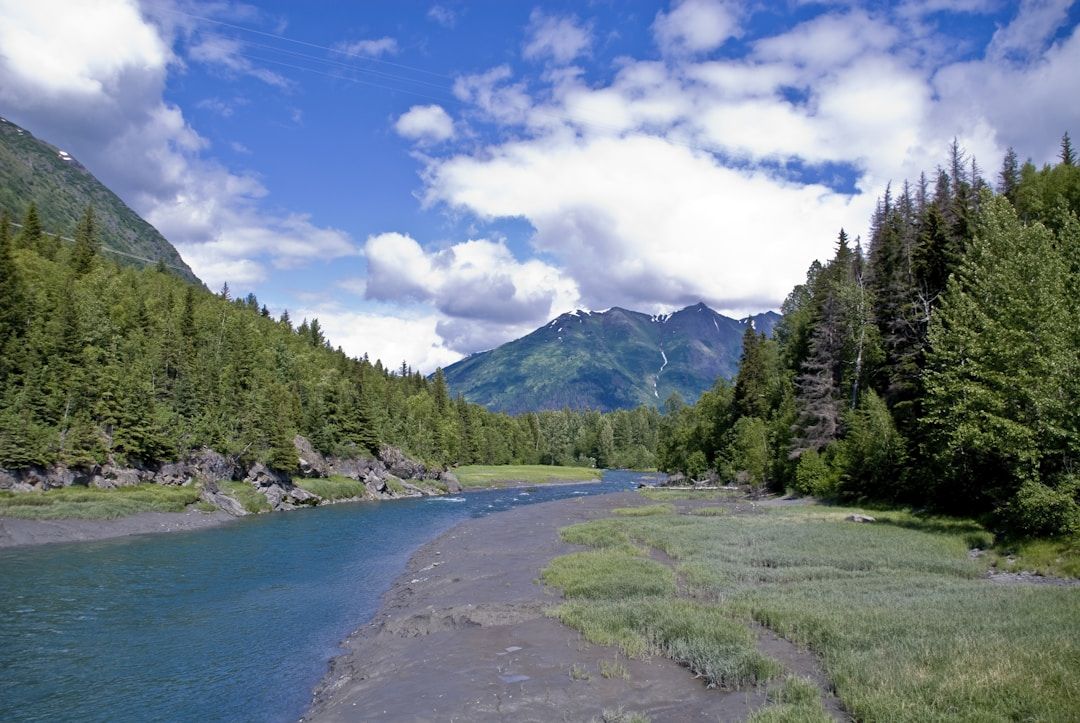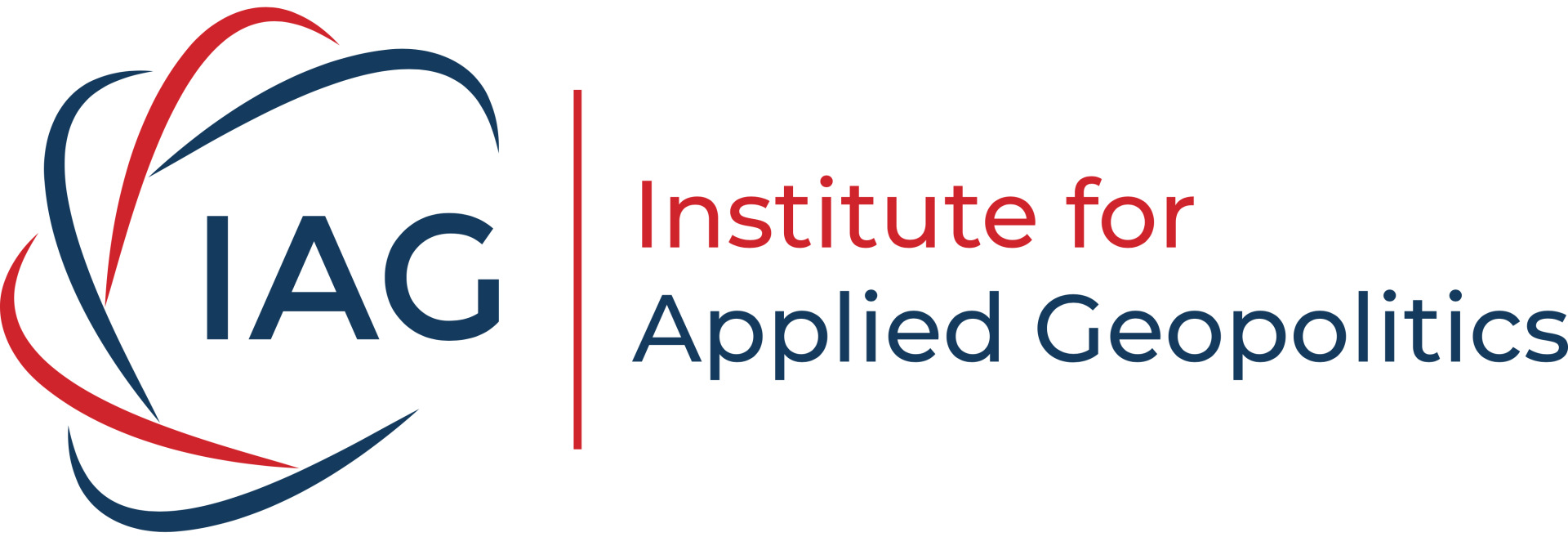Trump-Putin Alaska Summit Sidelines Ukraine, Exposes Deep NATO Fractures as Russian Forces Advance

Intelligence Summary
A major geopolitical realignment is underway as U.S. President Donald Trump and Russian President Vladimir Putin prepare to meet in Anchorage, Alaska, for a summit aimed at negotiating an end to the war in Ukraine. The summit, reportedly scheduled to take place on August 15, 2025, is notable for the absence of Ukrainian President Volodymyr Zelenskyy and other Ukrainian officials from the formal negotiations, a decision that has provoked significant concern and division among NATO and European Union member states.
In the days leading up to the summit, Russian military forces have made significant advances in eastern Ukraine, particularly near Dobropolie and Zeleny Gai, with reports of Ukrainian defensive positions being overrun and Ukrainian reserves being rushed to the front lines to halt further Russian gains.. Ukrainian military losses have reportedly increased, with Russian missile strikes targeting Ukrainian training centers and infrastructure. These battlefield developments have heightened the sense of urgency and vulnerability in Kyiv, as well as among European capitals.
President Zelenskyy has publicly described the Alaska summit as a "personal victory for Putin," expressing frustration at being sidelined from the decision-making process and warning that Ukraine's fate is being decided without its direct participation. Zelenskyy also called for Ukrainian and European leaders to be included in any negotiations that affect the country's territorial integrity. However, reports indicate that Zelenskyy has softened his stance on potential land concessions, with some sources quoting him as saying, "We are ready to consider all options to end the war, but Ukraine's sovereignty must be respected”.
European leaders have responded with a flurry of diplomatic activity, holding an online summit on August 13, 2025, to coordinate their positions ahead of the Trump-Putin meeting. German Chancellor Friedrich Merz has hosted virtual talks with President Zelenskyy and other European leaders, emphasizing the need for unity and insisting that "Ukraine must decide its own future". French and EU officials have reiterated that "Ukraine's borders must not be changed by force" and that any settlement must be acceptable to the Ukrainian people. Despite these statements, divisions have emerged within NATO and the EU regarding the acceptability of territorial concessions to Russia and the future of Western military and financial support to Kyiv. Some European leaders, such as Hungarian Prime Minister Viktor Orbán, have publicly stated that "Russia has won the war," further exposing rifts within the alliance.
Meanwhile, U.S. officials have signaled a willingness to engage in direct bilateral negotiations with Russia, sidelining both Brussels and Kyiv in the process. Analysts and former diplomats have described the summit as a "symbolic victory" for Putin and a sign of shifting U.S. priorities away from multilateralism toward great power bilateralism.
On the ground, Russian forces continue to press their advantage, with reports of new offensives being prepared following the summit. Ukrainian officials have acknowledged the deteriorating military situation, with some admitting that "Ukraine doesn't have much room for manoeuvre" and that the country's ability to resist further Russian advances is increasingly constrained. The prospect of a land swap or other territorial concessions is now openly discussed in both Western and Russian media, with speculation about which regions might be ceded in exchange for a ceasefire or security guarantees.
Why it Matters
The Trump-Putin Alaska summit represents a pivotal moment in the post-Cold War European security order, with far-reaching implications for the great power competition, alliance cohesion, and the principles of international law. The decision by the United States to engage in direct bilateral negotiations with Russia, while excluding Ukraine and marginalizing European allies, signals a dramatic shift away from the multilateral frameworks that have governed transatlantic security since 1945. This approach undermines the foundational principle that sovereign states have the right to determine their own future and territorial integrity, a principle enshrined in the UN Charter and repeatedly affirmed by NATO and the EU since the onset of the Ukraine conflict.
The timing of the summit coincides with significant Russian military advances in eastern Ukraine, and with Ukraine facing the prospect of territorial loss as the price for peace. The ongoing Russian military offensives and the reported depletion of Ukrainian reserves highlight the urgent need for a reassessment of Western military assistance and deterrence policy. The prospect of a negotiated settlement that leaves Russian forces in control of significant Ukrainian territory could undermine the credibility of Western security commitments. The willingness of some Western leaders to contemplate land swaps or other concessions reflects both war fatigue and a recalibration of strategic priorities, but it also risks legitimizing the use of force to alter borders in Europe. This sets a precedent that could embolden other revisionist powers and destabilize regions far beyond Ukraine, potentially encouraging adversaries to test NATO’s resolve.
The divisions within NATO and the EU highlight the growing rift between those willing to accommodate Russian demands and those insisting on upholding Ukraine's sovereignty. This fragmentation weakens the West's negotiating position and may encourage further Russian assertiveness. President Zelenskyy's warnings that "the security of Europe is being decided in Ukraine" underscore the complexities of this conflict and the risk that a deal reached without Ukrainian consent will lack both moral authority and practical enforceability.
The summit also marks a shift in the nature of great power competition, with the United States and Russia reverting to a bilateral model reminiscent of Cold War summitry. This approach sidelines European institutions and diminishes the role of multilateral diplomacy, raising questions about the future of the transatlantic alliance and the broader liberal international order. The sidelining of Brussels and the EU, despite their central role in supporting Ukraine, may prompt European leaders to seek greater strategic autonomy or to reassess their reliance on U.S. security guarantees.
The Alaska summit has significant implications for the future of sanctions, energy security, and the global balance of power. Any agreement that involves the lifting or easing of sanctions on Russia, or that alters the flow of energy resources through Ukraine, will have ripple effects across global markets and strategic chokepoints. The outcome of the summit will be closely watched by other major powers, including China, which may draw lessons for their own regional ambitions and approaches to great power diplomacy.
In summary, the Trump-Putin Alaska summit is not merely a negotiation over the future of Ukraine; it has triggered a cascade of diplomatic, military, and political developments, exposing deep divisions within NATO and the EU, raising questions about the future of Western support for Ukraine, and signaling a possible shift in the European security architecture. The exclusion of Ukraine from the main negotiations, the visible military setbacks on the ground, and the willingness of some Western leaders to consider territorial concessions have combined to create a moment of profound uncertainty for the future of the Ukraine war and the broader European order. The decisions made in Anchorage will extend far beyond the immediate conflict, shaping the great power competition and the rules of the international system for years to come.
Key Actors
- United States (President Donald Trump, U.S. government)
- Russian Federation (President Vladimir Putin, Russian military)
- Ukraine (President Volodymyr Zelenskyy, Ukrainian government and military)
- European Union (EU institutions, member states)
- NATO (North Atlantic Treaty Organization)
- Germany (Chancellor Friedrich Merz)
- Hungary (Prime Minister Viktor Orbán)

